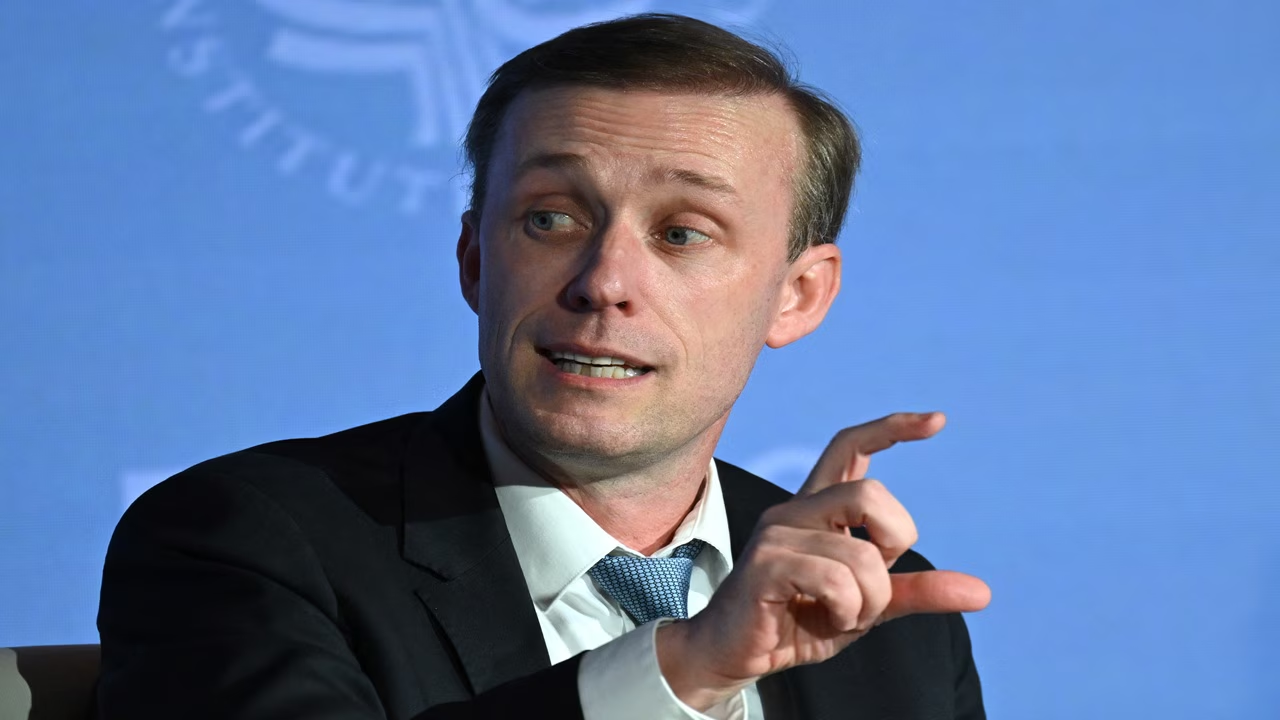Growing U.S. Backlash Against Trump’s Aggressive Tariff Policy as India Warms to China
A sharp rise in voices within Washington’s foreign policy circles is amplifying criticism of U.S. President Donald Trump’s punitive trade policies, with prominent figures warning that his aggressive tariff strategy is damaging America’s global standing and driving key partners like India closer to China.
Jake Sullivan, former National Security Adviser to President Joe Biden, said Trump’s trade offensive against India was undermining years of bipartisan diplomacy aimed at strengthening New Delhi’s partnership with Washington, especially as tensions with Beijing remain high.
“Take a look at India,” Sullivan told Tim Miller on The Bulwark podcast. “Here’s a country that on a bipartisan basis, we were trying to build a deeper, more sustainable relationship with — and the China challenge loomed large in that.
Now you’ve got President Trump executing a massive trade offensive against them, and the Indians are saying, well, maybe we need to sit with the Chinese, because we’ve got to hedge against America.”
Sullivan went further, warning that Trump’s stance has created a geopolitical perception shift, making Beijing appear a more responsible global player than Washington. “China has moved ahead of the United States in popularity in a whole lot of countries,” he said.
“One year ago, that was not the case. Now, the U.S. brand is in the toilet, and China is looking like the responsible actor.”
Trump’s Tariffs: The Aggressive Posture
Trump recently slapped 50% tariffs on Indian goods, including a 25% surcharge over India’s purchase of Russian crude oil — the steepest tariff regime imposed by the U.S. on any nation to date.
The White House defends the move as a national security measure against “unfair trade practices.” Still, experts say the approach reflects not only policy aggression but also a performative posture of strength, which has alienated allies.
Observers note that Trump’s fiery rhetoric, combative tone, and visibly aggressive body language during public appearances have reinforced perceptions of a president more interested in economic brinkmanship than diplomacy.
Impact on India and Global Trade
The sudden tariff escalation, effective August 27, threatens to derail India’s export-driven sectors, particularly textiles, jewellery, and mechanical appliances, sparking fears of job losses and slowing growth.
For Washington, critics say the decision risks eroding a hard-won partnership at a time when the U.S. seeks to counter China’s expanding influence in Asia.
“When I meet leaders abroad, they now talk about derisking from the United States,” Sullivan said. “They see America as the disruptor — the country that can’t be counted on.”
Modi’s China Visit Underscores Strategic Shift
The backlash coincides with Indian Prime Minister Narendra Modi’s landmark visit to China for the Shanghai Cooperation Organisation (SCO) summit in Tianjin. His trip, the first since the deadly Galwan Valley clashes in 2020, signals a cautious thaw in bilateral ties and a recalibration of India’s diplomatic options. Modi is expected to meet President Xi Jinping, underscoring India’s growing willingness to engage Beijing amid Washington’s increasingly unpredictable trade policy.
A Divided America
The escalating criticism of Trump’s tariffs reflects a deep divide within Washington’s policy establishment. Many analysts and former officials argue that his confrontational approach — amplified by his combative demeanor — risks isolating the United States while giving China an opening to position itself as a stable alternative.
With Trump showing no signs of softening his stance, America’s once carefully managed alliances risk being strained further.
For India, this moment marks a strategic crossroads: balance relations with an unpredictable Washington or lean toward a recalibrated engagement with Beijing.




